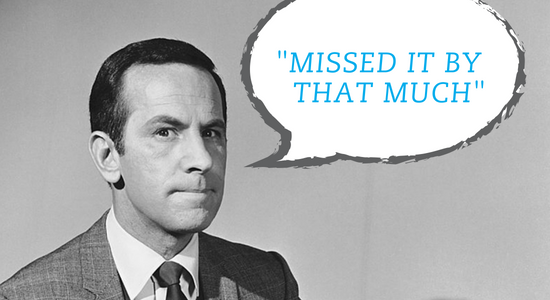Cognitive dissonance is the mental discomfort experienced by a person who holds two or more contradictory beliefs, ideas, or values. This discomfort is triggered by a situation in which a person’s belief clashes with the new evidence perceived by the person.
At least that’s what the internet says.
I’m not here today to disprove or offer up a different definition.
Instead, my goal is to trigger it.
In fact, if I do it right, you will hear intermittent popping noises that you can’t locate. You’ll smell something like bacon or toast when all is said and done. Those events are symptomatic of the aforementioned mental discomfort.

There comes a time in all of our lives when we just gotta get our “Sunday go to meetin'” clothes on and go to church.
That’s right people, I’m talking about church and a belief system or two. For what it’s worth, I’m not really going to discuss any of those religions that I’ve never bothered to study or learn about. As such, if you’re looking for my insights on Islam, Hinduism, Buddhism, or the Utah Chapter of the Flying Elvises (Elvi?), you’ve located an empty vessel.

Let’s talk doctrine.
For purposes of this discussion and to avoid additional pedantry, doctrine is a set of teachings, instructions, principles, or positions which governs worship.
Doctrine tends to get used when belief systems are practiced.
We voice consent. We voice dissent. We utter words. We chant. We dance. We stand still. We sit in silence. We sing using instrumental accompaniment. We sing acapella. We keep our short hair short. We put our long hair up in a bun. We cover the top of our head. We dress modestly. We dress formally. We dress casually. We dress in all white. We dress in robes. We don a jersey for our favorite football team. We sit. We stand. We kneel. We get in line to give. We get in line to receive. We stay seated to give. We stay seated to receive. We confess our sins to an intermediary. We confess our sins out loud. We confess our sins in silent prayer. We don’t confess our sins. We use water to sprinkle. We use water to immerse. We make spaces sacred. We invite positive energy. We expel spirits. We invite spirits. We light a candle or two. We gesticulate shapes. We genuflect. We fast. We feast. We bless objects. We reach outward. We reach inward. We further the cause. We practice our faith.
Being more than knee deep in all of this doctrine, one has to wonder.
Where does it come from?
Why are there so many different forms of doctrine available to us for achieving salvation, enlightenment, and platinum status with our mileage points?
Why do the different forms of doctrine have conflicting points of view?
The inspiration appears to be born of interpretation.
Or maybe it’s the other way around.

Again, I’ll admonish you that I’m not here to talk about skydiving enthusiasts who dress up like Elvis when they engage with gravity at high altitudes.
The doctrines which feature the behaviors previously mentioned were set forth by small groups of fellow humans who documented their interpretations about either the Bible or how things work in general.
Case in point, consider any of the churches or other places of gathering (or whatever you want to call it) which can be found within a five mile radius of where you are presently planted. In my case, there’s a Methodist church and a Jehovah’s Witness Kingdom Hall to the west, a Baptist church to the east, and a Starbucks to the north.
Now go out to your favorite search engine and look up the origin of that particular belief system that can be found in your vicinity. In essence, search for “origin of Methodist”, “origin of Jehovah’s Witness”, or “origin of Baptist”. For that matter, cast a wider net and search out any belief system, denomination, or other movement you can think of.
More times than not, the search results are going to reveal that the differences in our belief systems all come from how one person or a small group of people interpreted the Bible or perceived the way things should be. You’ll find all types of information on how those people had particular points of view on divinity, the Trinity, baptism, salvation, creation, mortality, immortality, eternity, and the designated hitter rule. You’ll also find that the points of view differed anywhere from slightly to significantly. Movements formed based on these interpretations.

As those movements formed, infighting followed over who was doing it right, who was doing it wrong, and who was completely off the reservation. In the process, tenants of the faith were obliviously abandoned.
I make every conscious effort I can to disallow the interpretations of others to drive my faith. My interpretation is that the death of Jesus Christ tore down barriers between God and man and allowed us to develop and foster an individual relationship with the Lord.
I’m pretty sure that the interpretations of Thomas Campbell, Barton W. Stone, Joseph Smith, Charles Taze Russell, John Wesley, John Smyth, Charles Parham, John Calvin, Mary Baker Eddy, Martin Luther, Kirby J. Hensley, L. Ron Hubbard, Ben Roden, Jim Jones, Ernest Holmes, Marshall Applewhite, William Booth, John Sigismund, Bobby Henderson, and a host of others were all thoroughly developed and inspired in their own right.
Is it really necessary for the doctrine created around these interpretations to install a veil-like layer of middle management in my own personal relationship with the Lord?
I think not.








